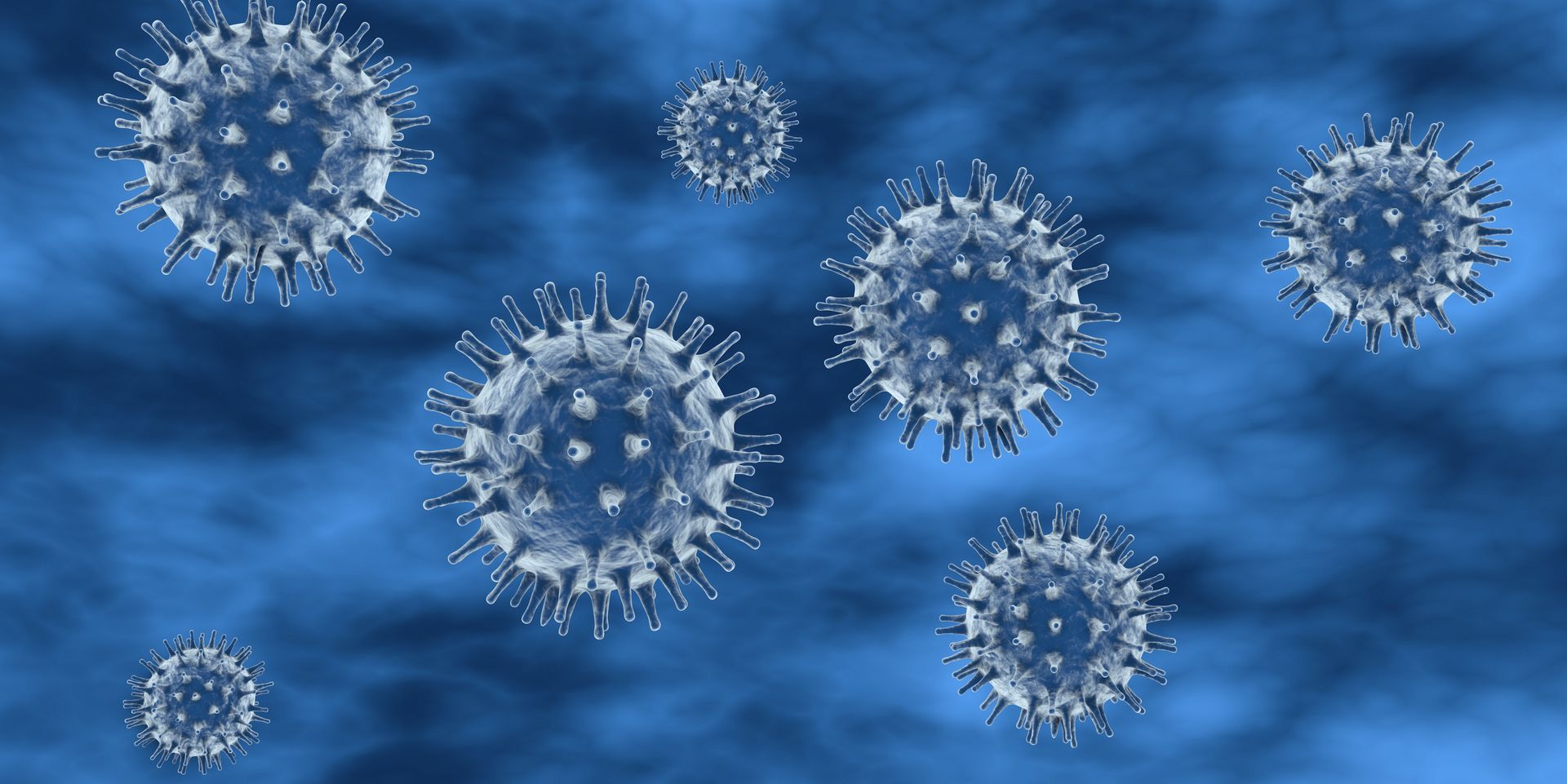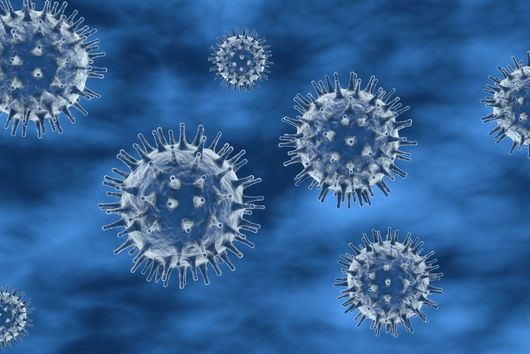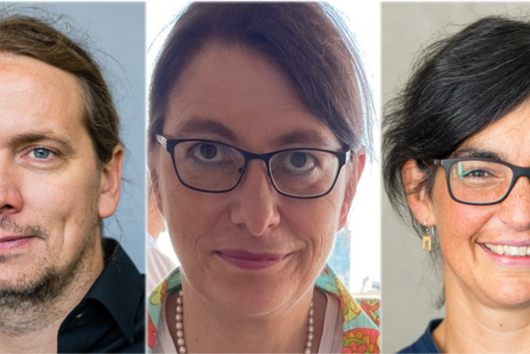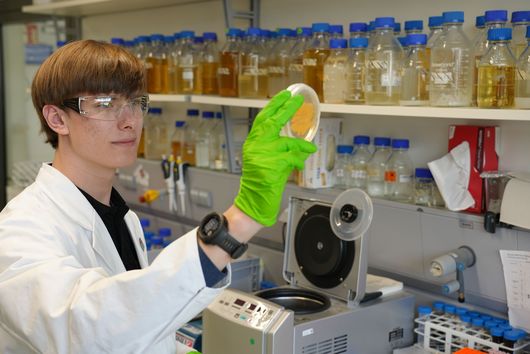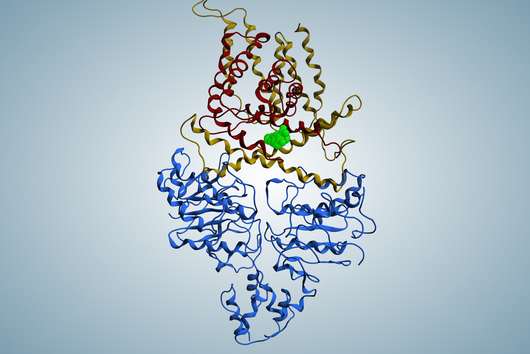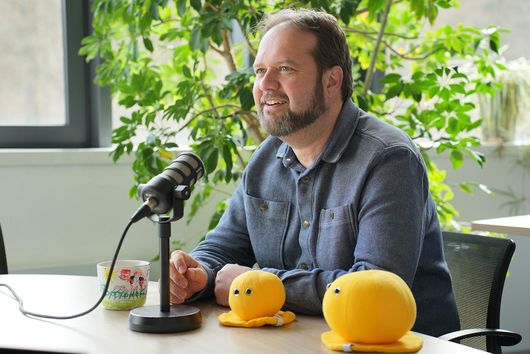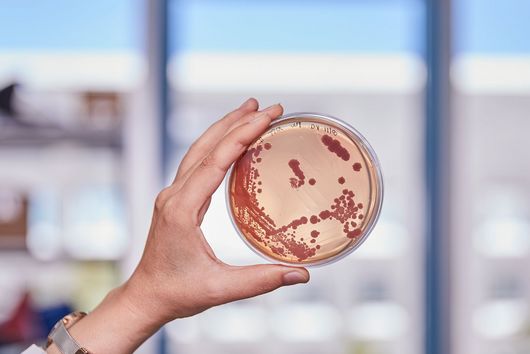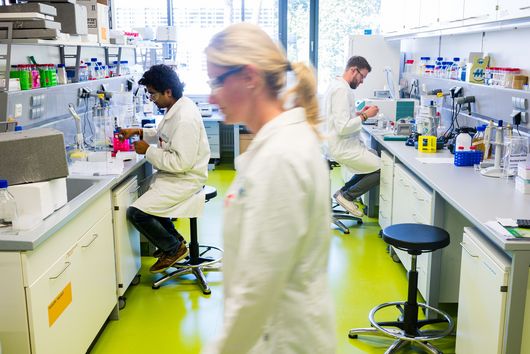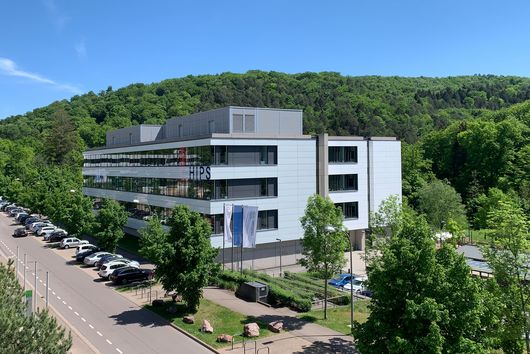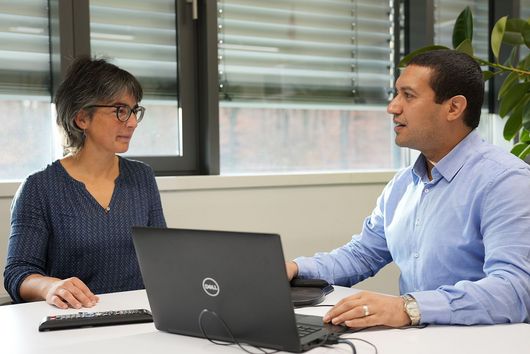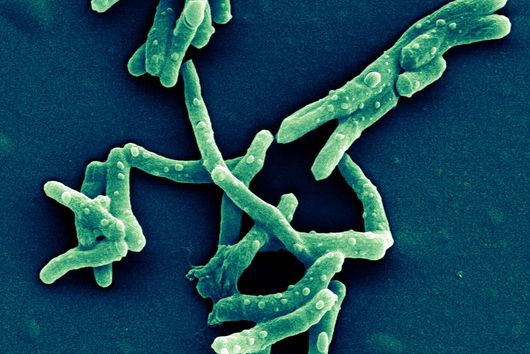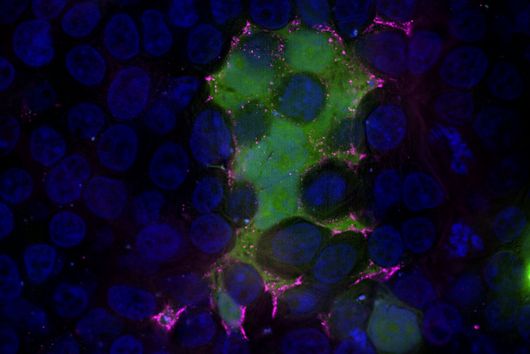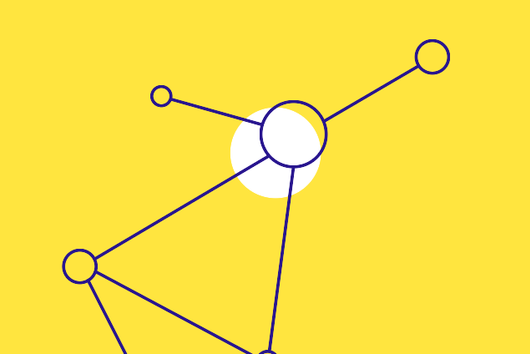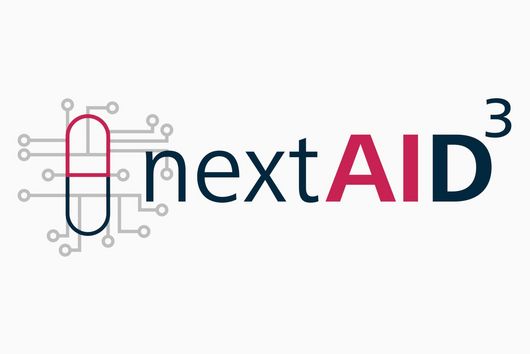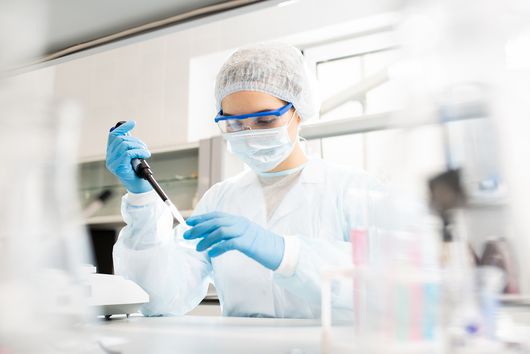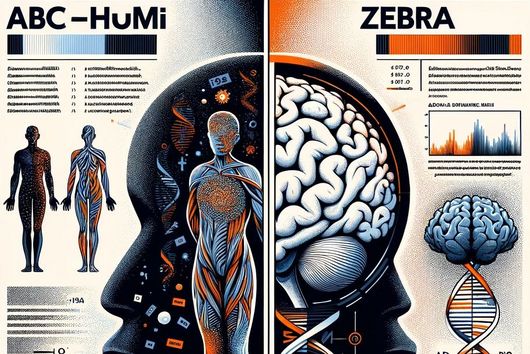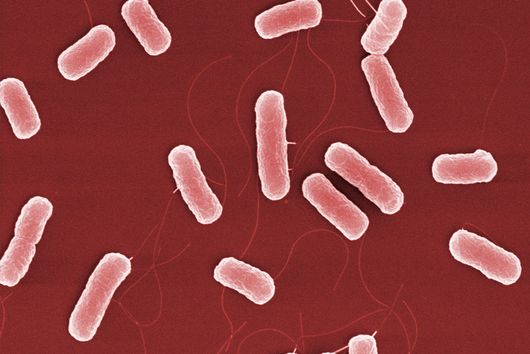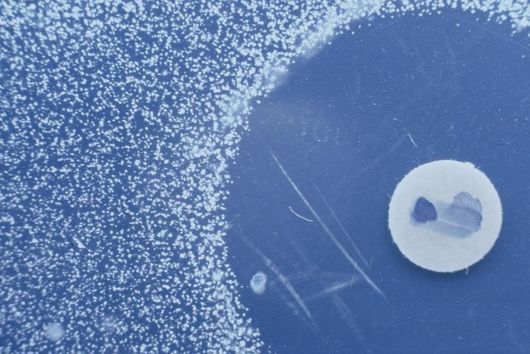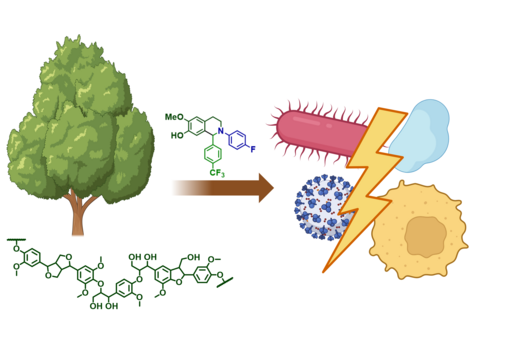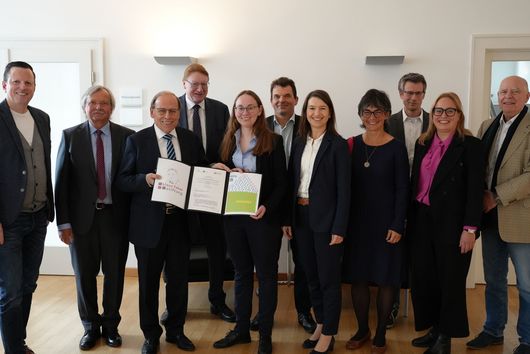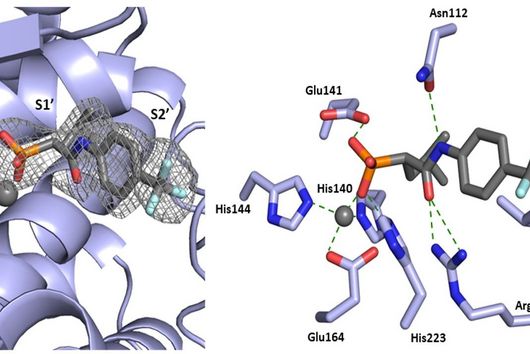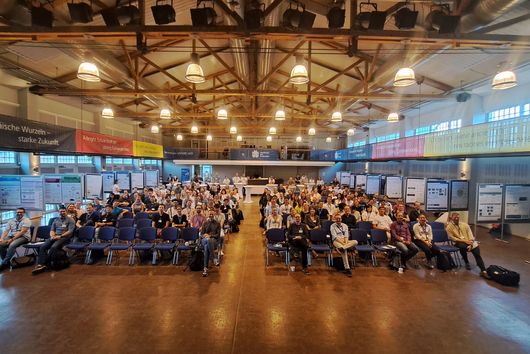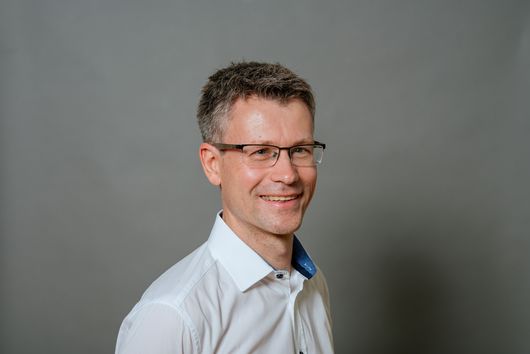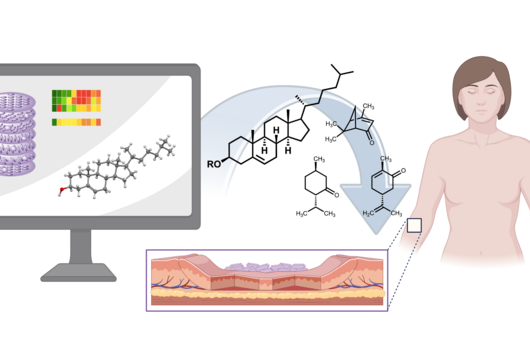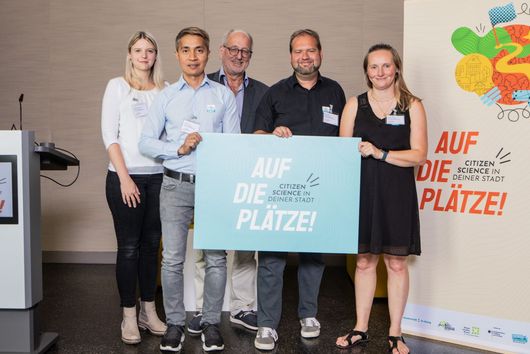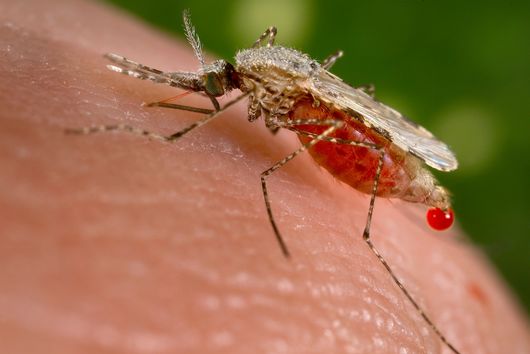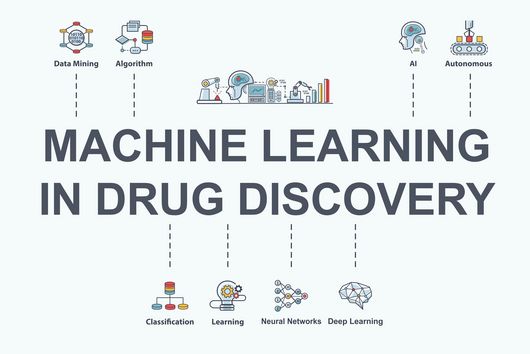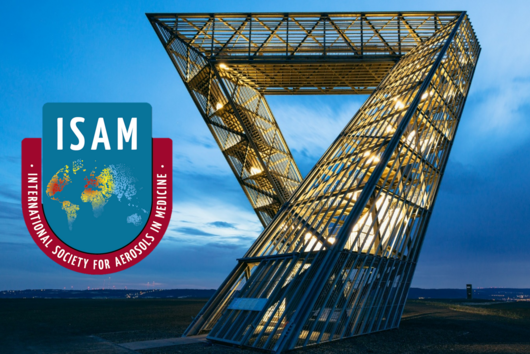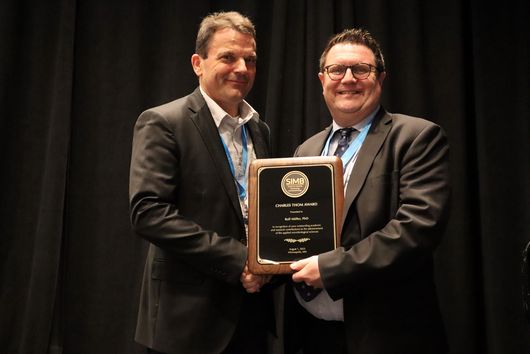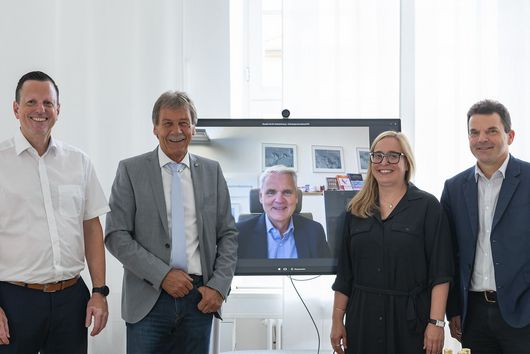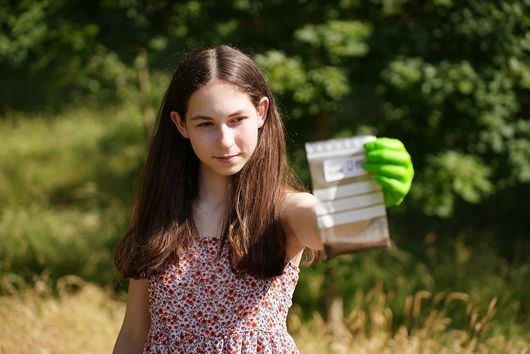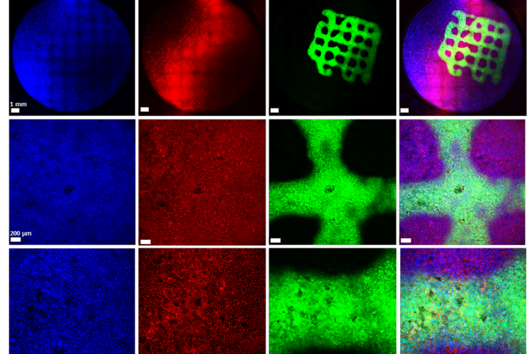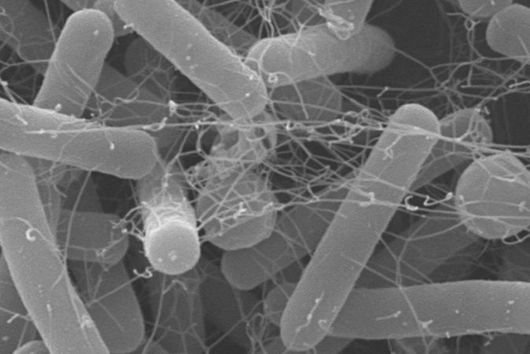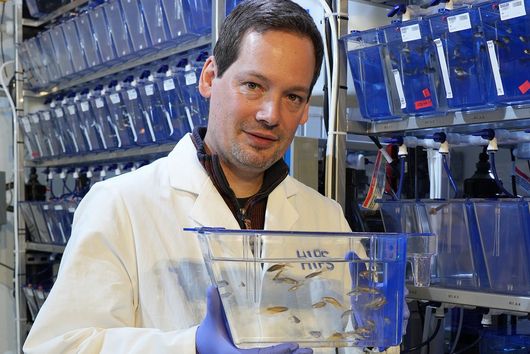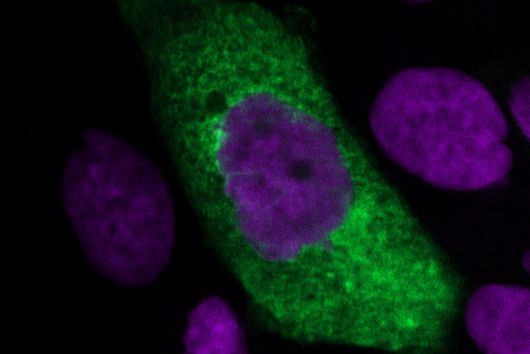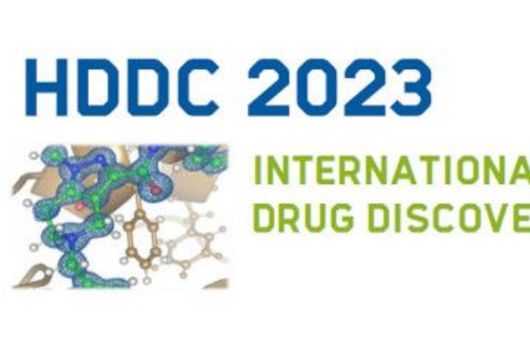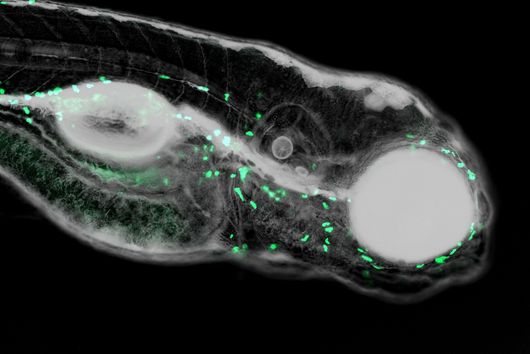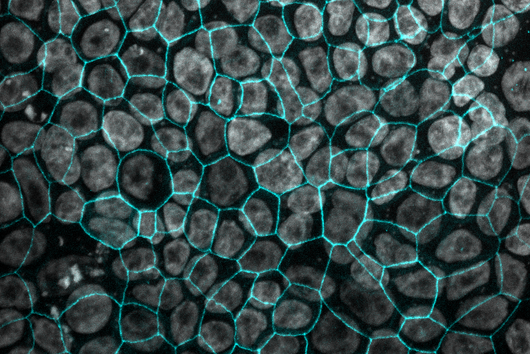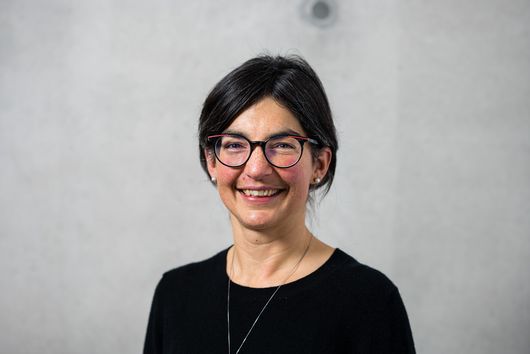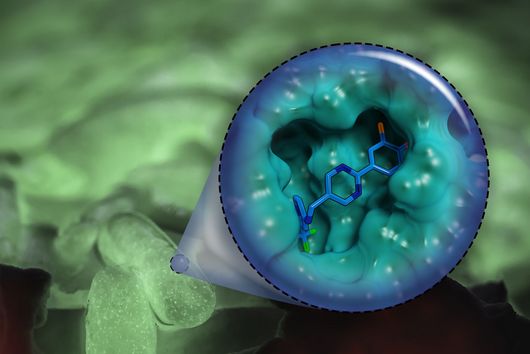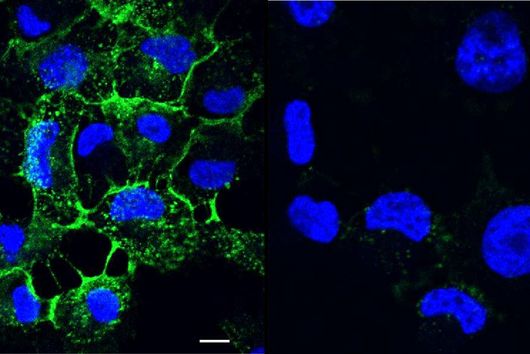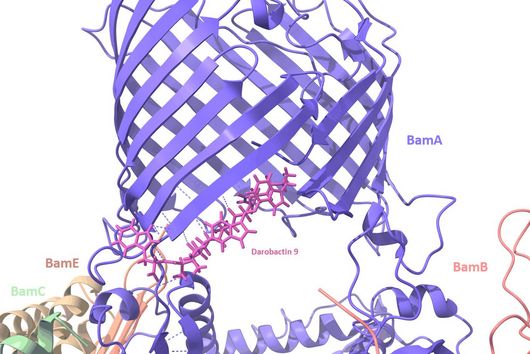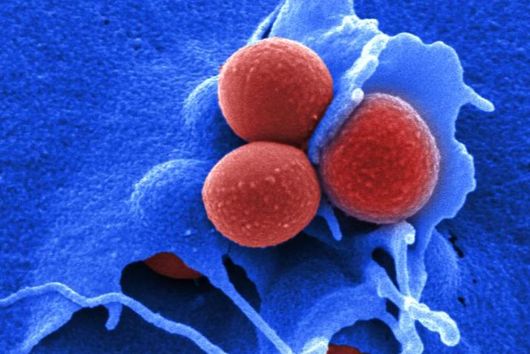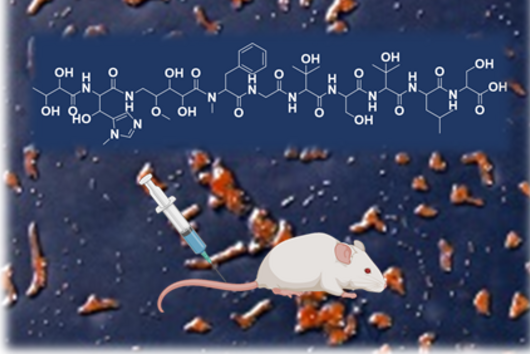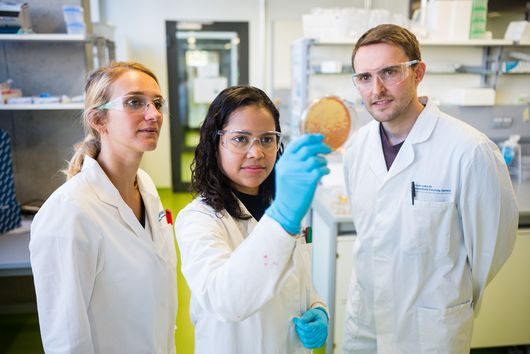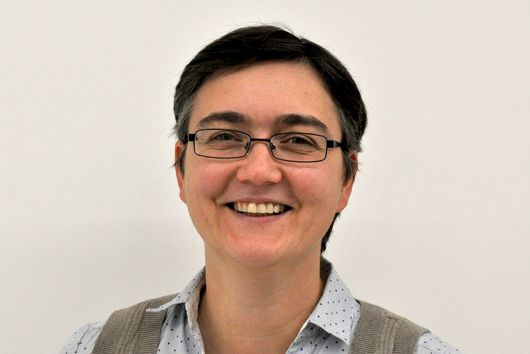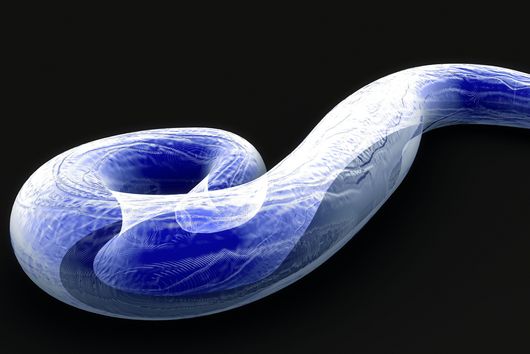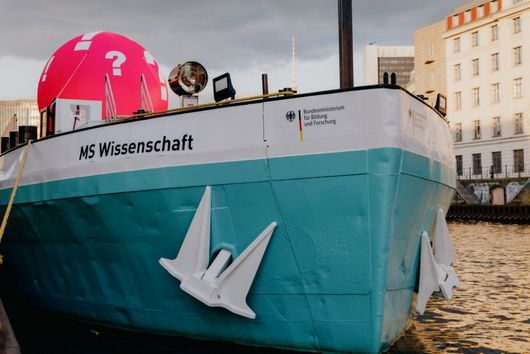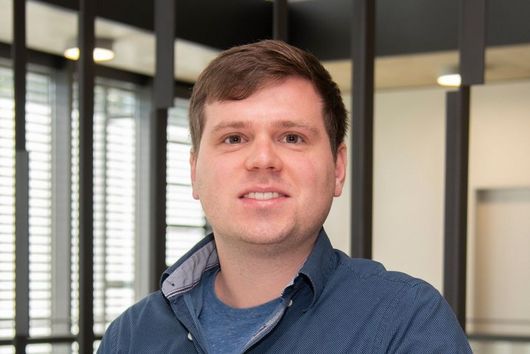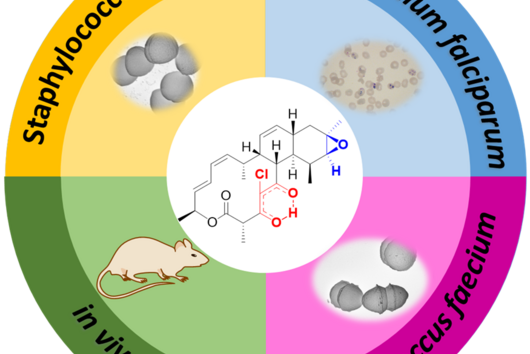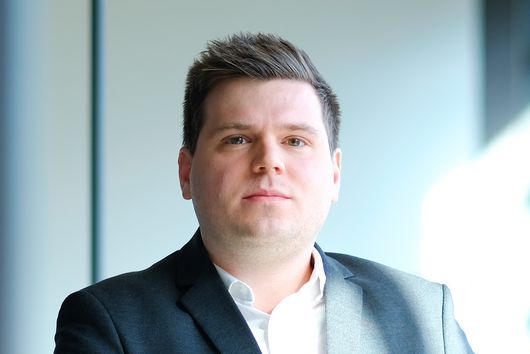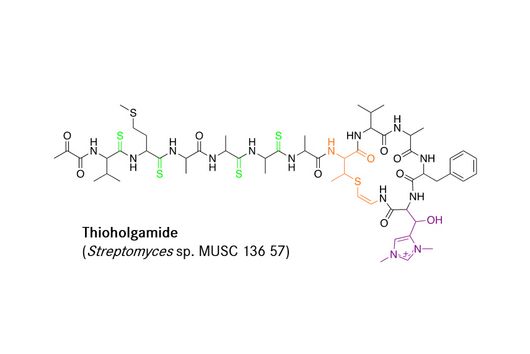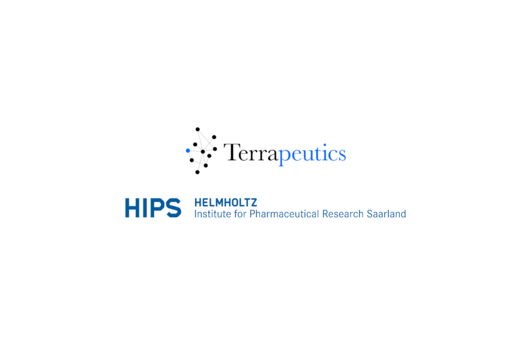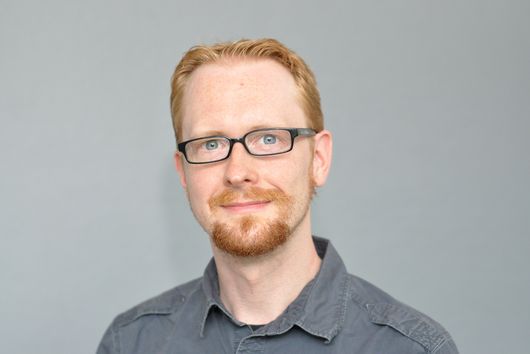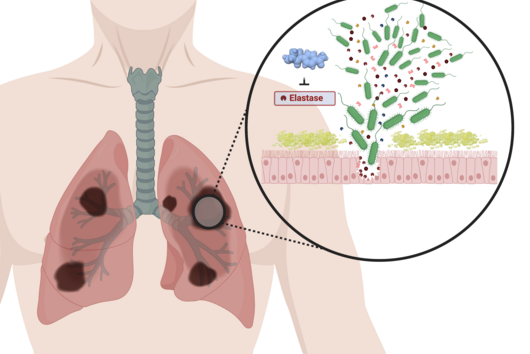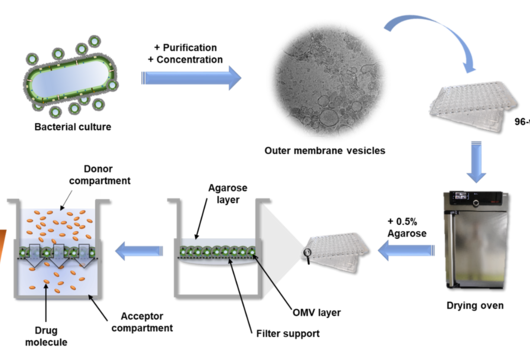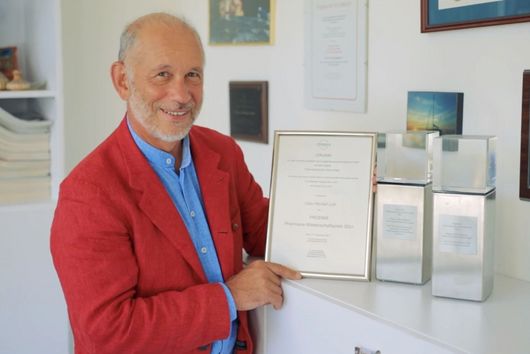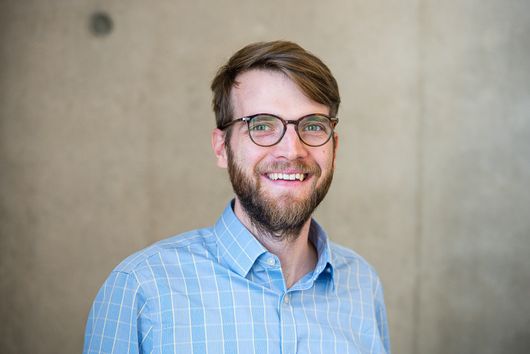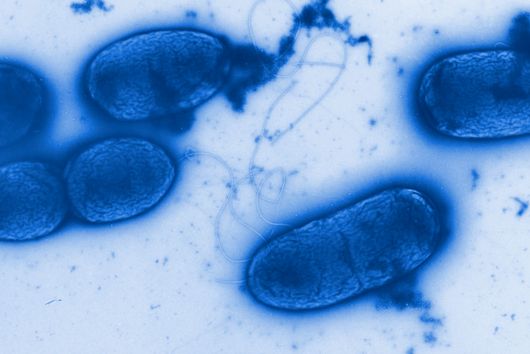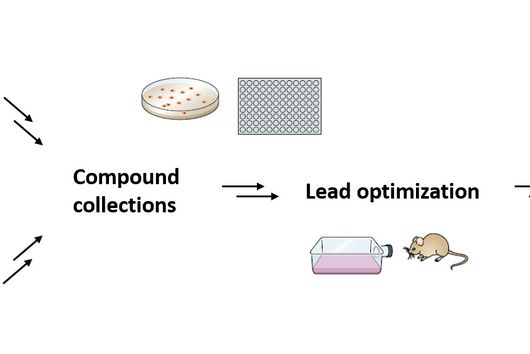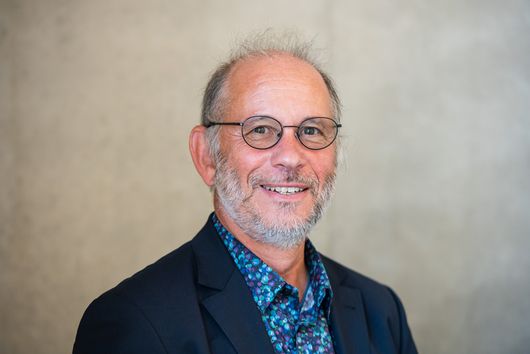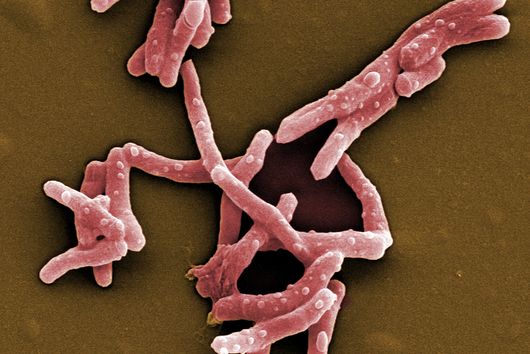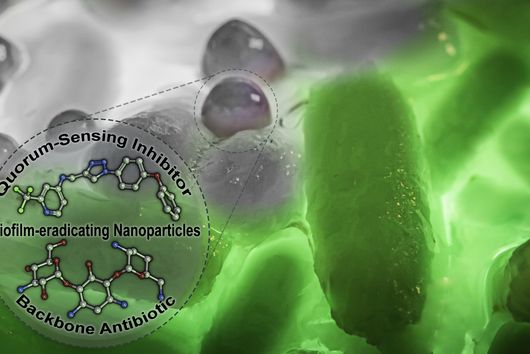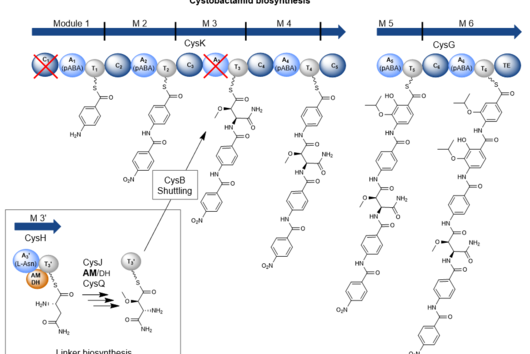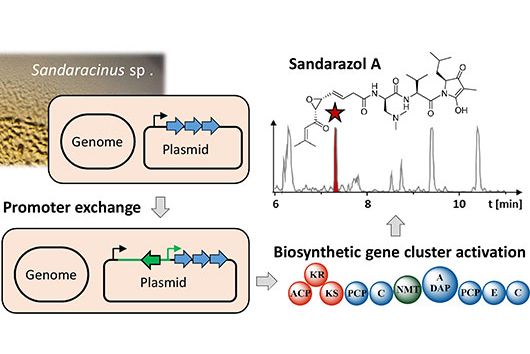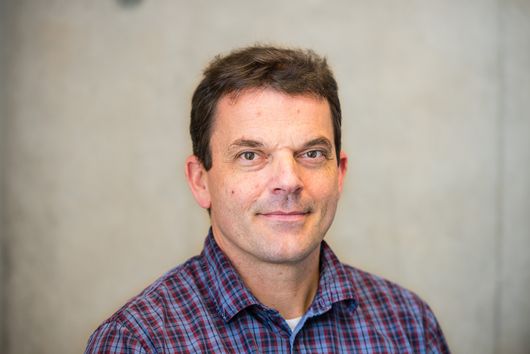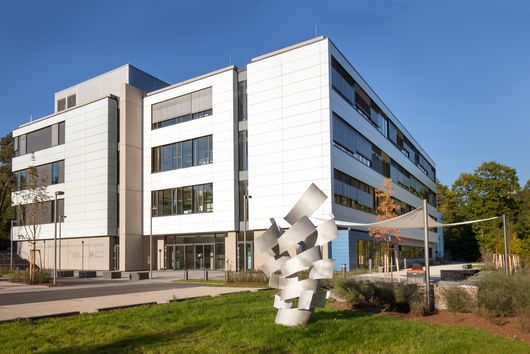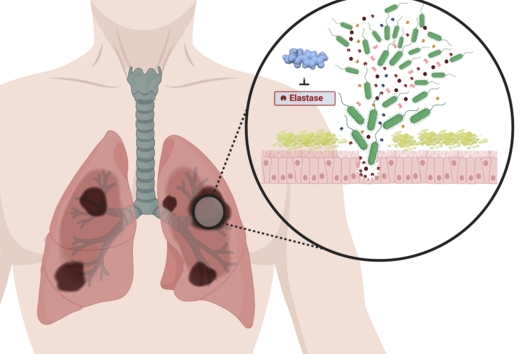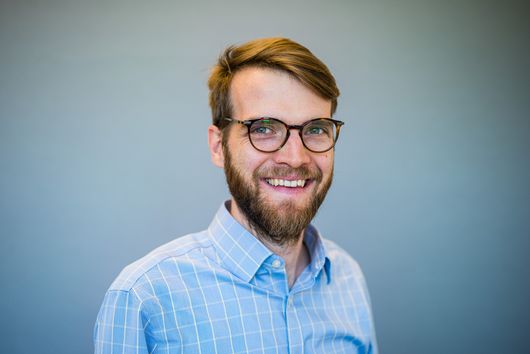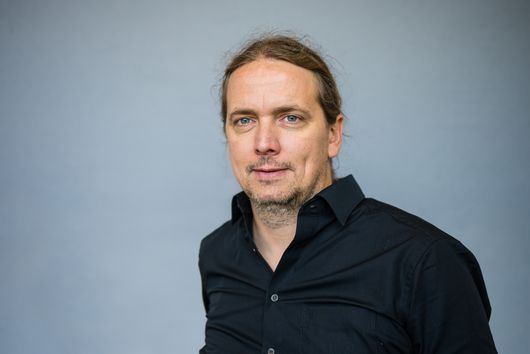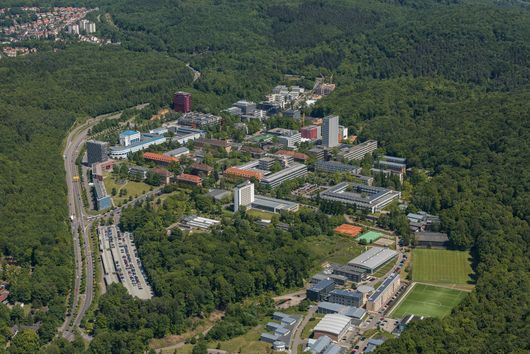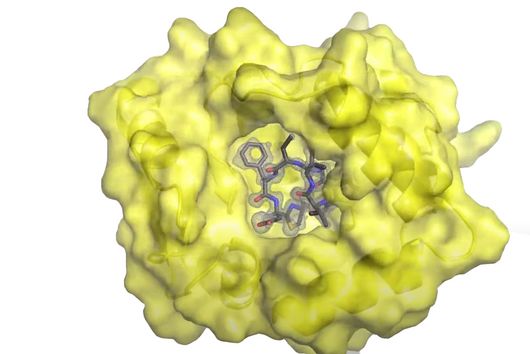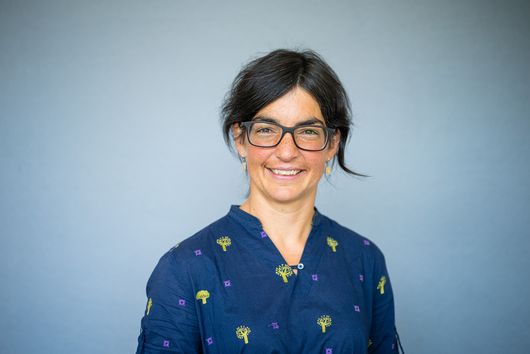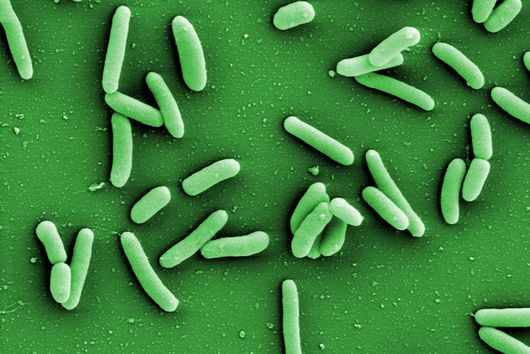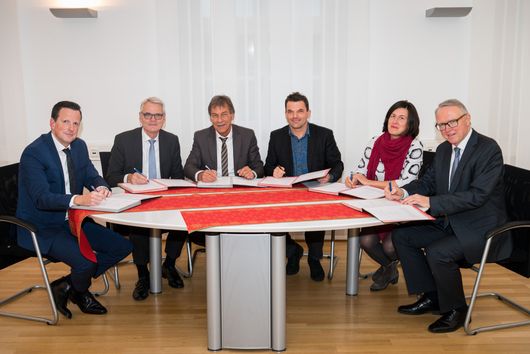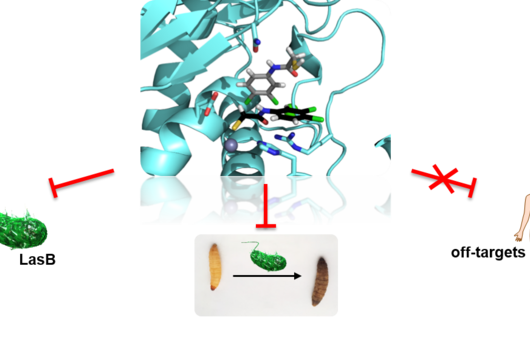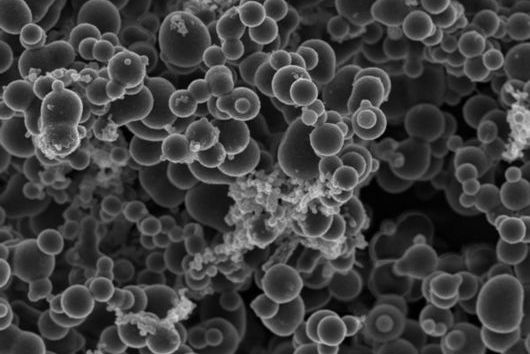The development of effective agents against viral pathogens is of increasing importance for global health. In particular, there is an urgent need for innovative therapeutic options for viral diseases for which no effective vaccine or only inadequate treatment options are available. The Volkswagen Foundation is now funding three projects to research antiviral substances under the leadership of scientists at the Helmholtz Institute for Pharmaceutical Research Saarland (HIPS) and Saarland University. The total funding for the three projects amounts to approximately 1.9 million euros.
The rapid global spread of the pathogen SARS-CoV-2 has highlighted the importance of having effective drugs available to treat viral diseases. While the spread of SARS-CoV-2 has been mitigated by the rapid development of effective vaccines, this option does not yet exist for many other viruses. In order to research substances for the treatment of such viruses and to develop them for potential clinical application, the Volkswagen Foundation is now funding three projects led by scientists at HIPS and Saarland University. Rolf Müller, Managing Director and Head of the Department of Microbial Natural Products at HIPS, says: "We are pleased to transfer our expertise in the development of antibacterial agents to the field of antiviral substances in the future, working even more closely with our partners at the participating sites." HIPS is a site of the Helmholtz Centre for Infection Research (HZI) in collaboration with Saarland University.
The ANTIPOLE project, led by Sigrun Smola, professor and director of the Institute of Virology at Saarland University and also head of the HIPS research group Drug Development Against Persistent Viral Infections, focuses on the development of active agents against the BK polyomavirus. For healthy people, the virus is generally harmless. For people with a suppressed immune system, e.g. in the case of a kidney transplant, the BK polyomavirus can become very dangerous, as it can multiply unhindered in these patients and damage the transplanted organ. Sigrun Smola's team is focusing its research on a combination of virus immunobiology, new 3-D cell culture technologies, cutting-edge genomics and applied drug discovery. In her project, Smola is supported by her colleagues Rolf Müller and Jörn Walter, professor and head of the Institute of Genetics at Saarland University.
Anna Hirsch, head of the Drug Design and Optimization department at HIPS, will work with Thomas Pietschmann and Katharina Rox of the HZI and Gesine Hansen from the Hannover Medical School on the OPTIS project to develop novel inhibitors against the human respiratory syncytial virus (RSV). RSV causes respiratory infections worldwide, but only very limited treatment options currently exist. Within the framework of the project funded by the Volkswagen Foundation, active substances are now to be developed that are characterized not only by particularly high efficacy, but also by high resistance to viral resistance mutations. By the end of the funding period, the efficacy of the developed substances is to be proven in a well-established mouse model.
The research approach of Alexander Titz, Professor of Organic and Pharmaceutical Chemistry at Saarland University and Group Leader for Chemical Biology of Carbohydrates at HIPS, is directed against several viral pathogens. As part of his project, Titz will develop molecules that bind and block sialic acid binding proteins of human pathogenic viruses. If these binding proteins are blocked, viruses can no longer recognize the receptors of human cells and infection is thus prevented. Titz wants to establish his concept for the most important pandemic viruses as well as human viruses for which there are currently no adequate treatment options. Alexander Titz is supported in his project by Dominique Schols from the Catholic University of Leuven, Belgium.
The projects selected for funding by the Volkswagen Foundation are each scheduled to run for 36 months. The total funding of all partners involved amounts to approximately 1.9 million Euros.

